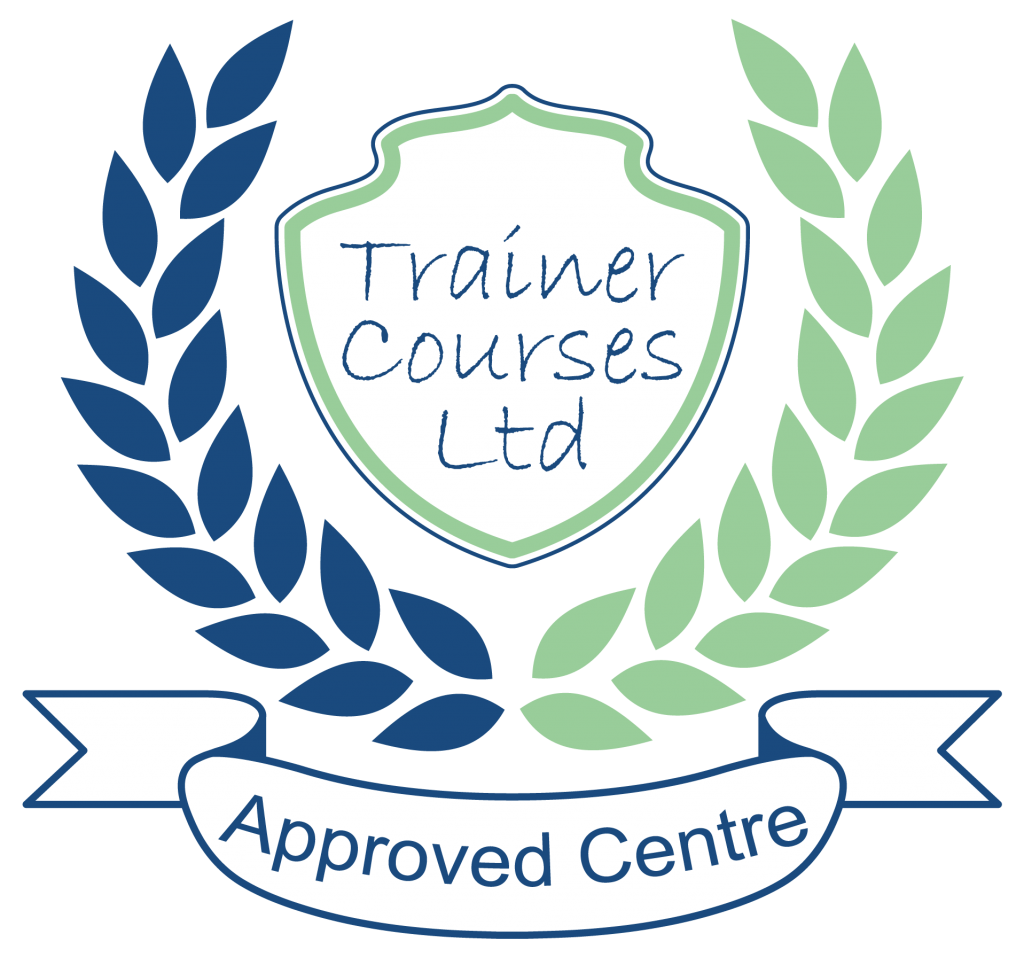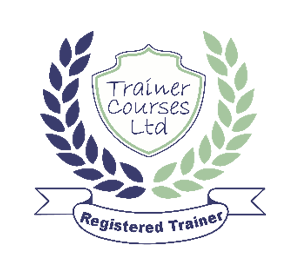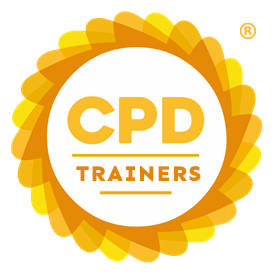Children & Young People Care & Support Courses
Course Overview
This adolescent behaviour training course focuses on the stages of development between being a young person and adolescence and considers behaviours and attitudes which may change due to new life experiences and influences. This training course considers the different stages of adolescent development, puberty, and growth and ways of providing guidance and support whilst aiming to maintain a positive relationship with the young person.
Course Learning Outcomes
- Understand stages of young person development through to adolescence
- Understand physical, cognitive and psychological changes during adolescence.
- Understand the importance of positive relationships and promoting resilience.
- Understand ways adolescent young people may behave.
- Understand sector regulations and legislation for working with adolescent young people.
- Understand ways to provide support and manage challenging situations.
Course Overview
Attachment is the deep connection which is established between a child and their parents or care providers during the early stages of development and has a huge impact a child’s personality including how they express emotions, form relationships with different people and form resilience. This training course considers the relationship between attachment, separation and loss, the different theories of attachment and the possible causes of challenging attachments and how this can relate to child behaviours.
Course Learning Outcomes
- Understand the meaning of attachment theory
- Understand different theories of attachment styles.
- Understand the possible causes and effects of reactive attachment
- Understand the different ways which children and young people may react to separation and loss
- Understand how children and young people can react to attachment, separation and loss during different stages of child development
- Understand ways of promoting resilience in children and young people
- Understand ways of providing support to children and young people with attachment challenges
Course Overview
Attention Deficit Hyperactivity Disorder (ADHD) is a complex condition which effects how a person processes information leading to challenges with focus, holding attention, making choices and regulating behaviour. Each person with a diagnosis of ADHD will be affected in different ways and will need individual approaches. However, there are key ways of providing support.
Course Learning Outcomes
- Understand what ADHD is
- Understand characteristics of ADHD
- Understand cognitive and sensory challenges
- Understand ways of providing support
Course Overview
Autism is a broad-spectrum condition which affects people in many different ways and requires very individual support. This training course confirms what autism is (including Asperger syndrome), considers different ways which people who are on the autism spectrum may be effected and the characteristics which are associated with the condition.
Course Learning Outcomes
- Understand what autism is
- Understand autism as a spectrum
- Understand challenges associated with autism
- Understand cognitive theories of autism
- Understand sensory regulation in autism
- Understand ways to support people
Course Overview
Each child develops at an individual rate and in a way which is personal to them and they will learn at different speeds, explore in different ways and play in different situations. This training course considers the various recognised theorists approaches towards child development and considers the importance of play in the long term development of young people and how to identify possible indicators of challenged or delayed development, with ideas of how to support this.
Course Learning Outcomes
- Understand the different theories of child development
- Understand intellectual, physiological, physical and emotional child development transitions
- Understand different theories of attachment
- Understand ways to identify and support potential developmental delays
- Understand how young people experience and react to loss
- Understand ways to promote and strengthen resilience
Course Overview
Professionals working within children and young people need to have a good understanding of CEOP, how this links into the principles of safeguarding vulnerable children and what action to take if there are concerns that the safety of a child is at risk on line.
Course Learning Outcomes
- Understand the meaning of CEOP
- Understand the modern ‘relationship’ between children, the internet and social media
- Understand ways young people can be vulnerable to on-line exploitation and how to recognise these
- Understand practical ways to protect children on-line
- Understand action to take if a child’s safety could be at risk
- Understand methods of promoting resilience and educating young people
Course Overview
Child Sexual Exploitation is a serious issue which impacts on hundreds of children who are in looked after care. Many children have been exposed to experiences and abuse which has a long lasting and traumatic impact and therefore need very individual and therapeutic support.
Course Learning Outcomes
- Understand what Child Sexual Exploitation is
- Understand the impact of Child Sexual Exploitation and the reaction of children (behaviours)
- Understand Influences and Indicators of Child Sexual Exploitation
- Understand Models of Child Sexual Exploitation
- Understand ways of preventative working
- Understand ways of supporting children who have experienced or are vulnerable to the risks of Child Sexual Exploitation
Course Overview
Mental health is a complex and often controversial issue which impacts on everybody including children and young people, who may express and react to mental health challenges in many different ways. Having a good knowledge of how children and young people can be affected is crucial, especially when supporting vulnerable children in looked after care.
Course Learning Outcomes
- Understand the meaning of mental health
- Understand how mental health can specifically impact on children and young people
- Understand factors which may influence a child or young person’s mental health
- Understand ways of working with and supporting children and young people who experience mental health conditions or challenges
Course Overview
Data Protection is a legal requirement for every organisation including services supporting vulnerable children and young people where there are specific requirements relating to the sector which need to be met. Services need to demonstrate that measures have been taken to ensure data is protected, collected, stored, used and shared in a safe and legal way.
Course Learning Outcomes
- Understand the meaning of data protection and sharing
- Understand the role and responsibilities in relation to data protection, sharing and working with children and young people
- Understand requirements of the Data Protection Act (2018) and the General Data Protection Regulations (GDPR) and how these specifically relate to working in children and young people’s services
- Understand how to meet legal requirements in the collection, use and safe storage of data
- Understand how and why data may need to be shared including in the instance of a safeguarding concern or allegation
- Understand actions to take and procedures to follow in the event of an actual or suspected data breach
Course Overview
Ensuring high standards of food safety and the ability to demonstrate good knowledge is essential for every sector. This training course is specially designed for children and young people services and considers specific requirements in relation to food safety when working with children and young people and how high standards can be maintained and demonstrated.
Course Learning Outcomes
- Understand the importance of ensuring high food safety standards
- Understand specific food safety considerations when working in children and young people services
- Understand food safety risks and ways to provide safeguard
- Understand food safety control requirements
- Understand what the law and sector regulations state about food safety standards
- Understand how to demonstrate high standards of food safety
Course Overview
This training course is specifically designed for professionals who work in the children and young people services and need to have specific knowledge of how health and safety regulations relate to their work practices and procedures. This training course will consider how current health and safety legislation, policies and procedures are implemented in the children and young person support setting and how work practices are influenced by legislation.
Course Learning Outcomes
- Understand requirements for health and safety in children and young people services
- Understand ways to support children and young people to consider risk
- Understand ways to manage risks to health, safety and security in children and young people services
- Understand how to respond to accidents, incidents, emergencies and illness
Course Overview
Prader Willi syndrome is a rare genetic condition which affects around 15,000 people and is caused by an absence of chromosome 15. This training course provides the knowledge about Prader Willi syndrome, the known causes, challenges and considers methods of providing individual support.
Course Learning Outcomes
- Understand what Prader Willi is
- Understand indicators and effects of Prader Willi
- Understand characteristics of Prader Willi
- Understand the challenges of Prader Willi
- Understand communication challenges including Flexibility of Thought
- Understand ways to provide support to people with Prader Willi
Course Overview
Supporting children and young people in looked after support is a rewarding and motivating profession and provides many opportunities to see young people develop and thrive. For many young people, being in looked after support can be challenging and they may have experienced a difficult early life including trauma, neglect and abuse and the impact of this can be shown through challenging behaviour.
Course Learning Outcomes
- Understand the meaning of positive behaviour
- Understand our own reactions to behaviour
- Understand the ways of working to promote positive behaviour
- Understand ways of behaviour management planning
Course Overview
Millions of children and young people experience bullying every day and the effects can be distressing and have a lifelong impact. This training course defines what bullying is, considers the effects for vulnerable children and young people, discusses the possible reasons why bullying happens and recognises how different types of bullies ‘operate’.
Course Learning Outcomes
- Understand what bullying is
- Understand reasons why bullying happens.
- Understand methods of bullying
- Understand types of bullies
- Understand different bullying environments
- Understand ways of working with perpetrators of bullying.
- Understand ways of working with people who have been bullied.
Course Overview
Radicalisation is a complex, controversial and serious worldwide issue which is described by the UK Youth Offending Team as a process of ‘personal and political transformation’. In recent years, advances in communication methods (including social media) and changing models of the radicalisation process and methods of acts of terrorism, mean that more people are vulnerable to the influences of radicalisation than ever before and it is essential for support teams to know what radicalisation is and to recognise and act on potential early indicators.
Course Learning Outcomes
- Understand what Radicalisation is
- Understand influences of radicalisation and terrorism
- Understand early indicators of radicalisation
- Understand theories and models of radicalisation
- Understand Principles of the Prevent Duty and Channel Programme
Understand how to provide support and work with others
Course Overview
Working with children and young people brings many extra dynamics to risk assessing and professionals need to consider issues such as behaviours and vulnerability in additional to environmental risks, and consideration needs to be made to high risk and potently highly dangerous behaviours including aggression, violence, bullying, sexualised behaviour and anti-social conduct.
Course Learning Outcomes
- Understand what risk assessing is
- Understand the importance of risk assessing
- Understand sector legislation and regulations
- Understand planned and dynamic risk assessing
- Understand ways to assess risk
- Understand increased risks when working with children and young people
Course Overview
For any organisation which works with children and young people, safeguarding and child protection is of critical importance and supporters need to be able to recognise the actions and indicators of abuse, how people can be vulnerable and what they need to do to raise concerns about a child or young person’s safety.
Course Learning Outcomes
- Understand what safeguarding is
- Understand types of vulnerable people
- Understand actions and indicators of abuse
- Understand the effects of abuse.
- Understand safeguarding disclosure, recording and reporting procedures.
- Understand ways of preventative working
- Understand ways of safeguarding and providing support to vulnerable children and young people
Course Overview
Millions of people in the UK are affected each year by a wide range of issues which can cause them to self-harm, which can be a challenging and emotional experience for the person and their families, friends and supporters. Self-harming is a complex issue and it is important that people providing support know about the possible reasons why self-harming occurs and how this can affect people psychologically as well as physically.
Course Learning Outcomes
- Understand what self-harming is
- Understand social perspectives of self-harming
- Understand influences of self-harming
- Understand the effects of self-harming
- Understand links with self-harming and other conditions
Understand ways of providing support
Course Overview
Sexual exploration and play are a natural part of childhood development which helps children to learn about themselves and their own bodies and identify, identity of others, social understanding and the diversity of relationships and the boundaries which exist within them. There are many reasons why some children may present sexualised behaviours which could be considered to be outside of the age, stage and rate of development which would be expected and these behaviours can be of more concern to us and risky.
Course Learning Outcomes
- Understand the meaning of ‘healthy’, ‘problematic’ and ‘concerning’ sexualised behaviour
- Understand types of physical and non-physical sexualised behaviour
- Understand factors which can influence sexualised behaviour including; early attachment, educational, social and cognitive development
- Understand potential causes of sexualised behaviour including the impact of trauma and abuse
- Understand ways of working to reduce concerning sexualised behaviours
- Understand ways of providing support and safeguarding
Course Overview
The trauma of experiencing domestic violence can have an emotional and psychological impact on everybody and is often a key reason why some children and young people are in looked after care and support. When caring for children who have witnessed domestic violence, it is important to have a good understanding of how this can impact them and how they may need to be supported.
Course Learning Outcomes
- Understand what domestic violence is
- Understand the impact of domestic violence
- Understand factors that may influence children and young people
- Understand safe working practices and support needs
Course Overview
Child sexual abuse is a complex subject and supporting children who have been sexually abused can be emotionally challenging. The impact which sexual abuse can have on children from an emotional, personal and behavioural perspective is huge and children need specific approaches to support and ways of working to help them deal with the trauma which they have experienced and begin to rebuild their lives.
Course Learning Outcomes
- Understand what child sexual abuse is
- Understand vulnerabilities of children which can lead to sexual abuse
- Understand how sexual abuse can happen (physical and non-physical)
- Understand the impact of sexual abuse on emotions, reactions and behaviour
- Understand and challenge barriers to disclosure
- Understand how to react and respond to concerns and/or allegations of sexual abuse
- Understand ways to support to children who have been sexually abused




